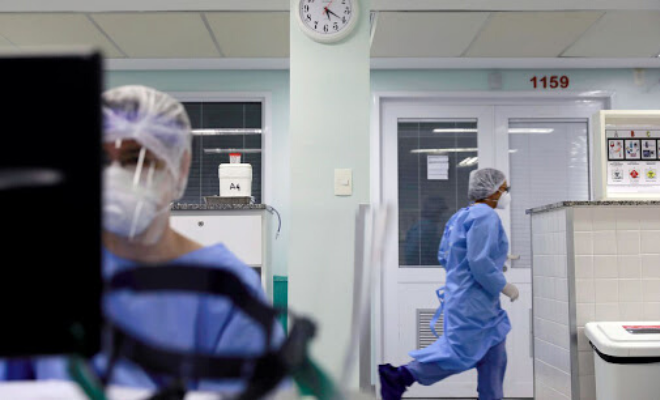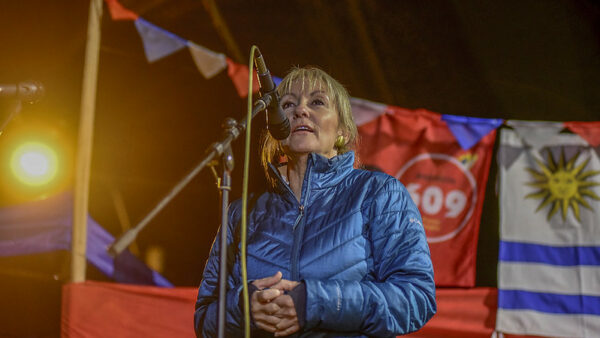Natal, one of the largest cities in Brazil’s Northeast region, will host a Covid-19 drive-thru testing campaign aimed at providing quick results for at-risk groups in the city. Natal’s health secretary has acquired 25,000 antibody tests and City Hall expects around 900 tests to be administered daily — with priority given to 60-plus citizens and other at-risk groups. Around 80 percent of the Covid-19 deaths in the city so far have been among the elderly, according to municipal figures.
Due to the quick nature of antibody tests, results will be available on-site or online within 30 minutes after samples are collected. Individuals that test positive for Covid-19 will be immediately redirected to one of the city’s 11 health units specialized in treating the coronavirus.
Antibody testing, however, is far less reliable than PCR testing using DNA samples, as it only verifies the presence of antibodies in the individual’s organism, which can take weeks to form after contracting the virus. This makes antibody tests more prone to giving false-negative results. City Hall has asked people to use common sense in giving priority to those already showing signs of Covid-19 infections.
“The test is more reliable when we’re testing symptomatic people. Our focus will be testing senior citizens, who are more vulnerable to the disease’s severity – preferably, senior citizens that have been showing symptoms over the past seven days or are currently symptomatic,” said Executive Adviser Danielle Mafra, as reported by newspaper Tribuna do Norte. “The more people we test fitting this profile, the more reliable our testing will be.”
Testing will occur daily at the Arena das Dunas football stadium, between 8 am and 5 pm.
Overloaded health system
On June 4, the health system in Greater Natal, which encompasses 15 municipalities and nearly 1.7 million people, inched closer to collapse with 95 percent of intensive care units occupied. The city’s field hospital, delivered on March 20, only opened on May 4 due to bureaucratic setbacks and a lack of necessary personnel. Currently, the hospital — with a total capacity of 100 treatment units and 20 intensive care units — is treating patients way below its capacity as the process to hire medical personnel has suffered continuous delays.
 Support this coverage →
Support this coverage →

 Search
Search






































